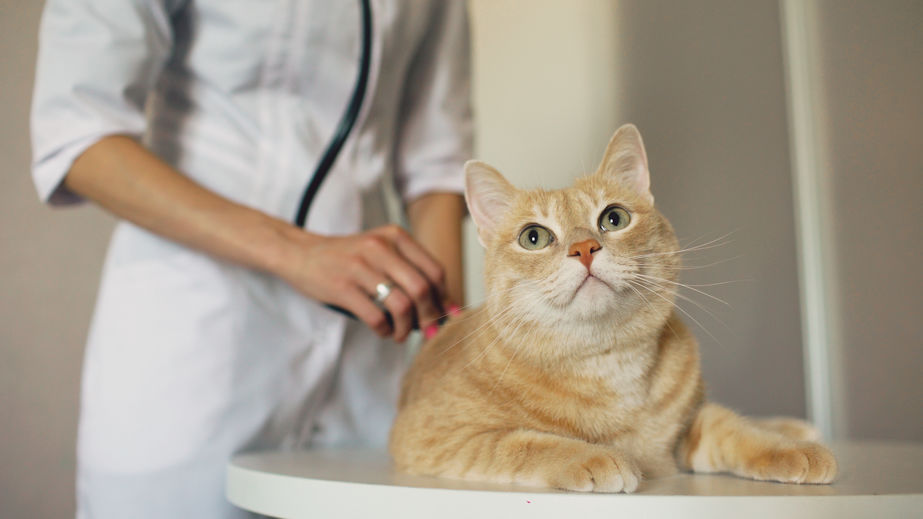
Is pet insurance right for you and your cat?
Pet insurance is a topic that many pet owners consider when it comes to providing healthcare for their furry companions. When it comes to cats, the decision about whether to invest in pet insurance can depend on various factors, including your cat’s health, age, and lifestyle, as well as your financial situation and peace of mind. Let’s explore the considerations involved in determining if pet insurance is suitable for you and your cat.
Benefits of Pet Insurance for Cats:
- Financial Protection: Pet insurance can provide financial coverage for unexpected veterinary expenses, such as accidents, illnesses, and emergency treatments. This can be especially valuable for cat owners who want to ensure they can afford necessary medical care for their feline friend.
- Routine Care Coverage: Some pet insurance plans offer coverage for routine veterinary care, such as vaccinations, annual check-ups, dental cleanings, and preventive treatments. This can help offset the costs of maintaining your cat’s health over time.
- Peace of Mind: Knowing that you have insurance coverage for your cat’s healthcare needs can provide peace of mind and alleviate concerns about unexpected veterinary bills.
- Access to Quality Care: With pet insurance, you can choose veterinary providers based on quality of care rather than solely on cost, ensuring that your cat receives the best possible treatment when needed.
Considerations for Pet Insurance:
- Cost vs. Benefits: Evaluate the cost of pet insurance premiums compared to the potential benefits and coverage provided. Consider factors such as deductibles, copayments, coverage limits, and exclusions when assessing the value of a pet insurance policy.
- Pre-existing Conditions: Most pet insurance plans do not cover pre-existing conditions, so it’s essential to enroll your cat in insurance while they are healthy to maximize coverage for future medical needs.
- Age of Your Cat: The age of your cat can impact the cost and availability of pet insurance. Some insurers may have age restrictions or higher premiums for older cats, so it’s beneficial to explore insurance options early in your cat’s life.
- Health History: Consider your cat’s health history and any potential genetic predispositions to certain medical conditions when determining the need for pet insurance. Cats with a history of health issues may benefit more from insurance coverage.
- Emergency Fund: If you choose not to purchase pet insurance, consider setting aside funds in an emergency savings account specifically for your cat’s healthcare needs. This can serve as a financial safety net in case of unexpected medical expenses.
Alternatives to Pet Insurance:
- Self-Insuring: Some pet owners opt to self-insure by setting aside money each month for their cat’s healthcare expenses. While this approach doesn’t provide the same level of comprehensive coverage as pet insurance, it can help cover routine care and minor medical costs.
- Discount Plans: Some veterinary clinics offer wellness plans or discount programs that provide reduced rates for routine care services. These plans may be a cost-effective alternative to traditional pet insurance for maintaining your cat’s health.
In conclusion, whether pet insurance is right for you and your cat depends on various factors, including your cat’s health status, age, lifestyle, and your financial situation. It’s essential to carefully evaluate the costs, benefits, and coverage options of pet insurance policies to make an informed decision that best meets your cat’s healthcare needs and your peace of mind as a pet owner. Consulting with a veterinarian or insurance provider can help you navigate the options and choose the most suitable coverage for your furry companion.

